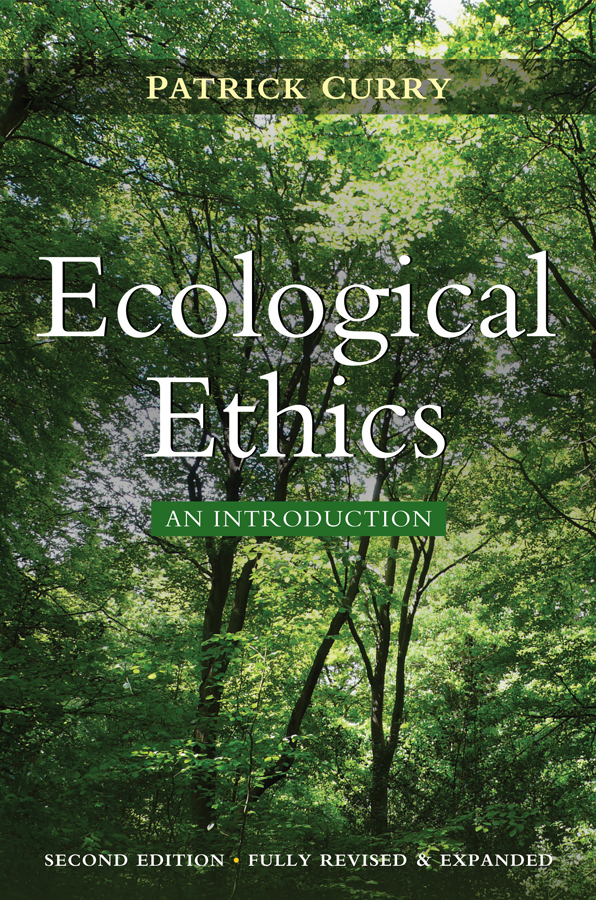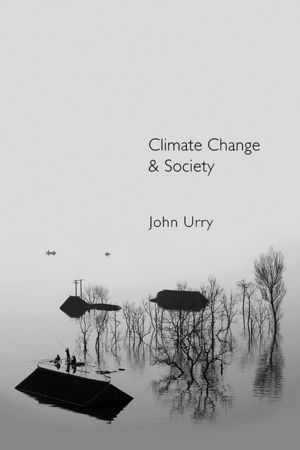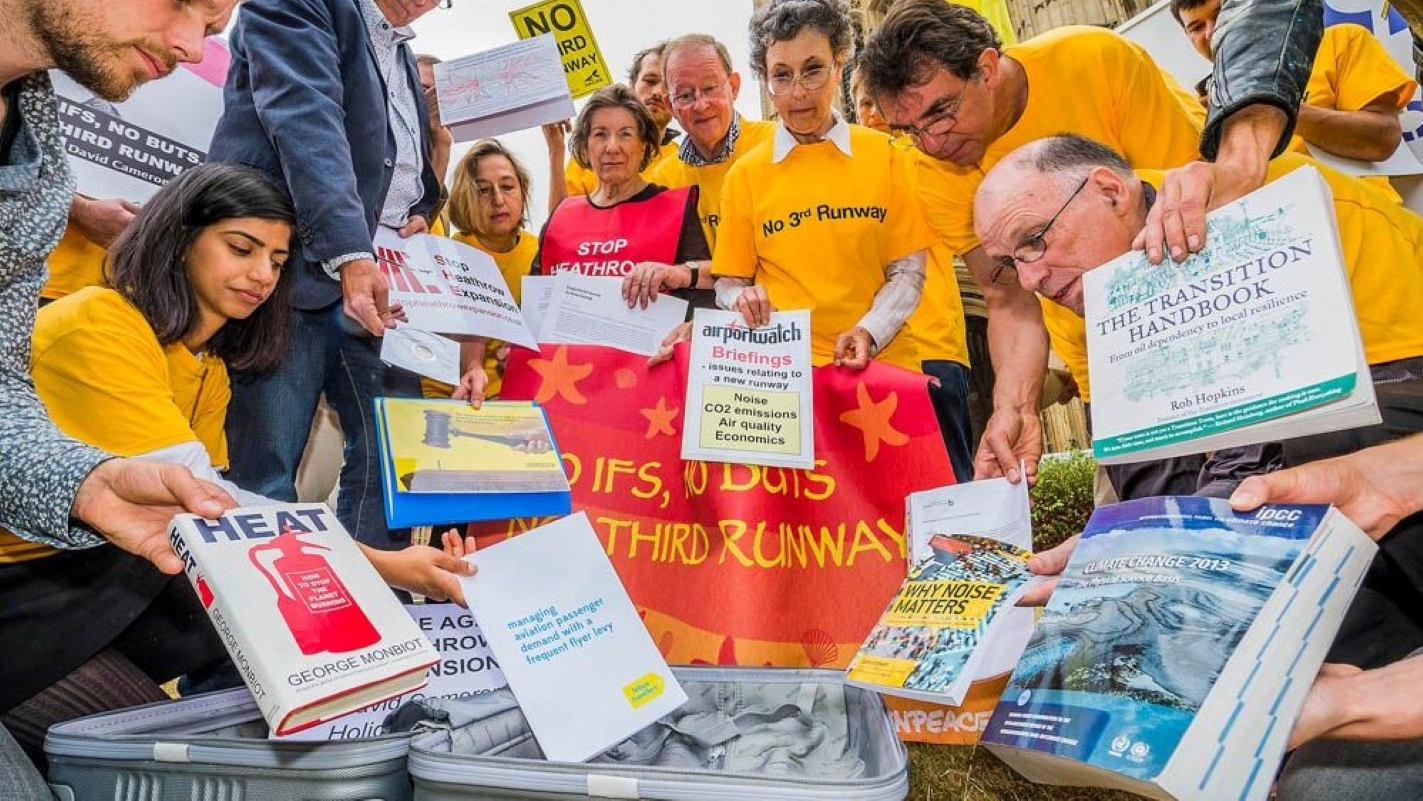Since launching in April 2012 we’ve published reviews of over 350 books from across the social sciences. Here are the top three most-read reviews from environment and climate change studies.
………………………………………………………………………………………………………………….
 Climate Wars: What People Will Be Killed For In The 21st Century by Harald Welzer
Climate Wars: What People Will Be Killed For In The 21st Century by Harald Welzer
 Struggles over drinking water, new outbreaks of mass violence, ethnic cleansing, civil wars in the earth’s poorest countries, endless flows of refugees: these are the new conflicts and forces shaping the world of the 21st century. Susannah Fisher looks closer at Climate Wars, noting that although climate change throws up many social challenges, of which worsening violence may be one, it could also act as a force for positive social change more broadly and a new development paradigm.
Struggles over drinking water, new outbreaks of mass violence, ethnic cleansing, civil wars in the earth’s poorest countries, endless flows of refugees: these are the new conflicts and forces shaping the world of the 21st century. Susannah Fisher looks closer at Climate Wars, noting that although climate change throws up many social challenges, of which worsening violence may be one, it could also act as a force for positive social change more broadly and a new development paradigm.
The image of barren desert on the front cover of Climate Wars, followed by the subtitle what people will be killed for in the 21stcentury forewarns the reader that this is not the most optimistic analysis of modern life, and this would be an accurate presumption.
Harald Welzer has written a bleak treatment of the relationship between climate change and violence, drawing expansively on historical and current examples from the disappearance of the Easter Islanders, the holocaust in Nazi Germany, to genocide in Rwanda, and the rise of the new EU border force that concludes without much cause for hope. The book offers much food for thought on the types of violence that may become associated with climate change, however there are other ways of thinking about our climate futures that Welzer doesn’t consider that may offer a little more light ahead. Read the full review…
………………………………………………………………………………………………………………….
 Ecological Ethics: An Introduction by Patrick Curry
Ecological Ethics: An Introduction by Patrick Curry
 Ecological Ethics takes issue with the common assumption that existing human ethics can be ′extended′ to meet the demands of the ongoing ecological crisis. The book ultimately argues a new and truly ecological ethic is both possible and urgently needed. James Connelly reviews the book and finds that he has seldom read better.
Ecological Ethics takes issue with the common assumption that existing human ethics can be ′extended′ to meet the demands of the ongoing ecological crisis. The book ultimately argues a new and truly ecological ethic is both possible and urgently needed. James Connelly reviews the book and finds that he has seldom read better.
We stand in the midst of several overlapping ecological crises; we also stand in the midst of several overlapping economic and political crises. The resolve to address the first is likely to be a casualty of the supposed imperatives of addressing the second. This can be seen in the low turnout and public enthusiasm at Rio + 20, which many political leaders did not attend, and can been seen in any speech by a politician or economist extolling the virtues of economic growth, presupposing that it is the universal answer to our problems. The problem is that this shows a complete ignorance of what our problems really are.
We could, of course, simply forget the environment in the search for economic growth. Or ‘postpone’ it until we have sorted out our economies. This is the generally preferred option in which we pay lip service and more or less honestly swear that we will get round to it tomorrow. But this particular tomorrow never comes. The issue goes far beyond the question of whether we direct our policy focus on the problem, because in order to do that we need to know what the problem is and why it is a problem. Read the full review…
………………………………………………………………………………………………………………….
 Climate Change & Society by John Urry
Climate Change & Society by John Urry
 This book explores the significance of human behaviour to understanding the causes and impacts of changing climates and to assessing varied ways of responding to these changes. So far the discipline that has represented and modelled such human behaviour is economics. By contrast Climate Change and Society tries to place the ‘social’ at the heart of both the analysis of climates and of the assessment of alternative futures. Amelia Sharman recommends the text for students of sociology, and praises Urry for a strong introduction to the topic.
This book explores the significance of human behaviour to understanding the causes and impacts of changing climates and to assessing varied ways of responding to these changes. So far the discipline that has represented and modelled such human behaviour is economics. By contrast Climate Change and Society tries to place the ‘social’ at the heart of both the analysis of climates and of the assessment of alternative futures. Amelia Sharman recommends the text for students of sociology, and praises Urry for a strong introduction to the topic.
With such a broad title as Climate Change & Society, John Urry’s latest book has a lot to live up to. As a prolific author, noted sociologist Urry has written over 40 books and edited special issues, yet only in the last few years has he directly addressed the topic of climate change. However, in reading this book, it’s clear that sociology has a whole has perhaps missed a beat in attending to the impact of climate change, and in particular, excess resource use, on human society.
So why should sociology be interested in climate change? Urry draws inspiration from the Stern Review’s call for the relevance of ‘systems and behavioural theories’ to deal with the complexities of climate change. However, he rails against the hegemony of economics as the premier social science methodology used to address climate change, and seeks to bring sociology to the fore of current analysis. Read the full review…
………………………………………………………………………………………………………………….






